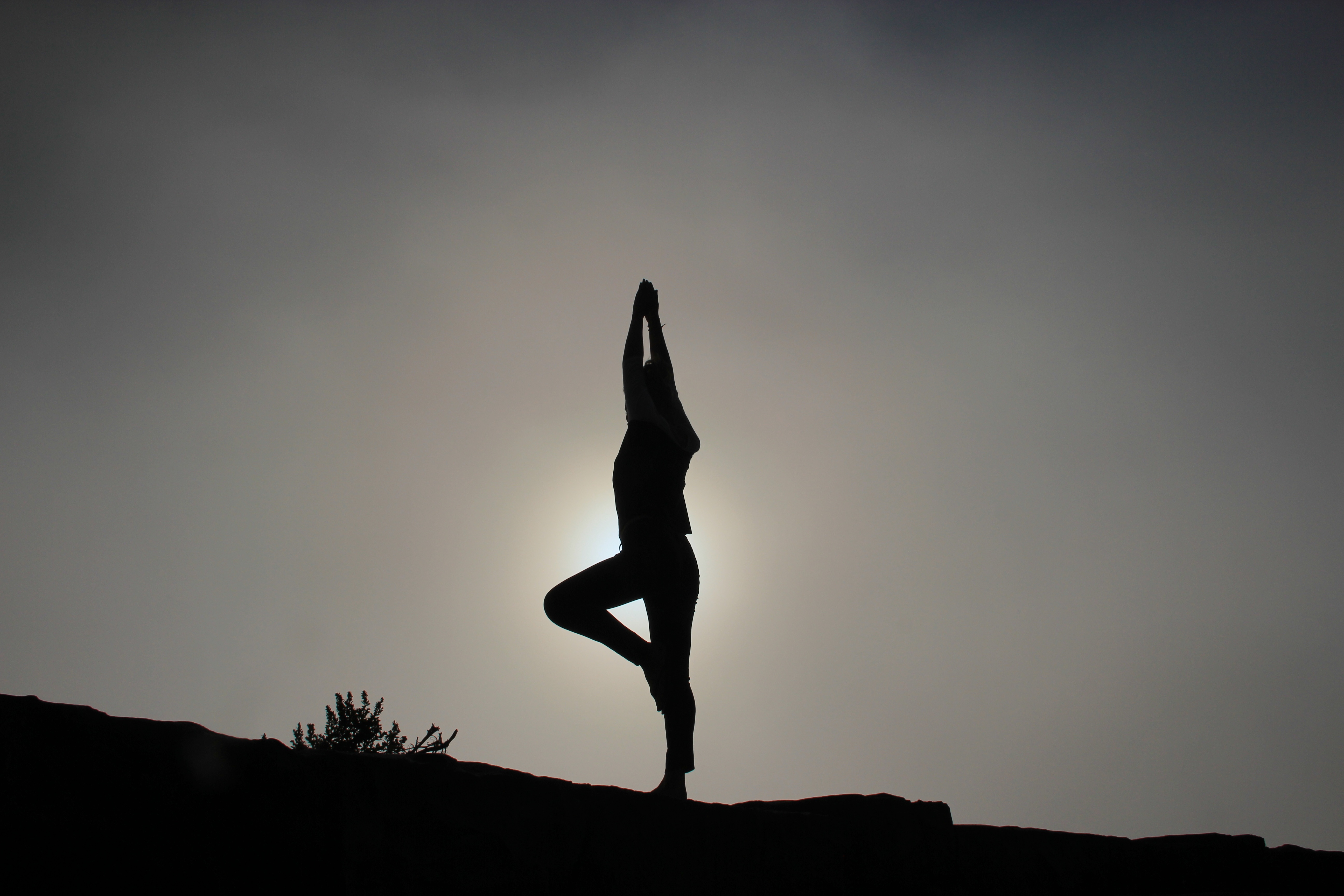A daily, hour long session of yoga could stave off Alzheimer’s disease more effectively that brain training, according to new research.
A three month course of the meditation practice found it reduced mental and emotional problems that often precede dementia.
It was even more effective than the memory enhancement exercises that have been considered the gold standard for managing mild cognitive impairment, that can lead to Alzheimer’s.
The main components of yoga are postures, a series of movements designed to increase strength and flexibility, and breathing to calm stress.
Professor Helen Lavretsky, of the University of California, Los Angeles, said: “Memory training was comparable to yoga with meditation in terms of improving memory, but yoga provided a broader benefit than memory training because it also helped with mood, anxiety and coping skills.”
The study published in the Journal of Alzheimer’s Disease is the first to compare outcomes from yoga and meditation with those from memory training, which incorporates activities ranging from crossword puzzles to commercially available computer programs.
The study of 25 participants, all over the age of 55, measured changes not just in behaviour but also in brain activity.
Harris Eyre, a doctoral candidate at Australia’s University of Adelaide, said: “Historically and anecdotally, yoga has been thought to be beneficial in ageing well, but this is the scientific demonstration of that benefit.
“We are converting historical wisdom into the high level of evidence required for doctors to recommend therapy to their patients.”
The participants who had reported tendencies to forget names, faces or appointments or to misplace things underwent memory tests and brain scans at the beginning and end of the study.
Eleven received one hour a week of memory enhancement training and spent 20 minutes a day performing memory exercises, verbal and visual association and other practical strategies, based on research backed techniques.
The others took a one-hour class once a week in yoga and practiced 20 Kirtan Kriya meditation at home for 20 minutes each day.
Kirtan Kriya, which involves chanting, hand movements and visualisation of light, has been practiced for hundreds of years in India as a way to prevent cognitive decline in older adults, Prof Lavretsky said.
After 12 weeks, the researchers saw similar improvements among participants in both groups in verbal memory skills, which come into play for remembering names and lists of words.
But those who had practiced yoga and meditation had better improvements than the other subjects in visual-spatial memory skills, which come into play for recalling locations and navigating while walking or driving.
The yoga meditation group also had better results in terms of reducing depression and anxiety and improving coping skills and resilience to stress, important because coming to terms with cognitive impairment can be emotionally difficult.
Prof Lavretsky said: “When you have memory loss, you can get quite anxious about that and it can lead to depression.”
The outward improvements in memory corresponded with perceptible changes in brain activity.
Scans showed subjects in both groups had changes in their brain connectivity, but the changes among the yoga group were statistically significant, whereas those in the memory group were not.
The researchers attribute the positive ‘brain fitness’ effects of mindful exercise to several factors including its abilities to reduce stress and inflammation and improve mood and resilience.
It also enhances production of brain protein called neurotrophic growth factor, boosting connections between neurons and replacing lost or damaged genetic material.
Added Prof Lavretsky: “If you or your relatives are trying to improve your memory or offset the risk for developing memory loss or dementia, a regular practice of yoga and meditation could be a simple, safe and low-cost solution to improving your brain fitness.”
Yoga has just been popular in the West since the 20th century, after being introduced by Indian gurus.




